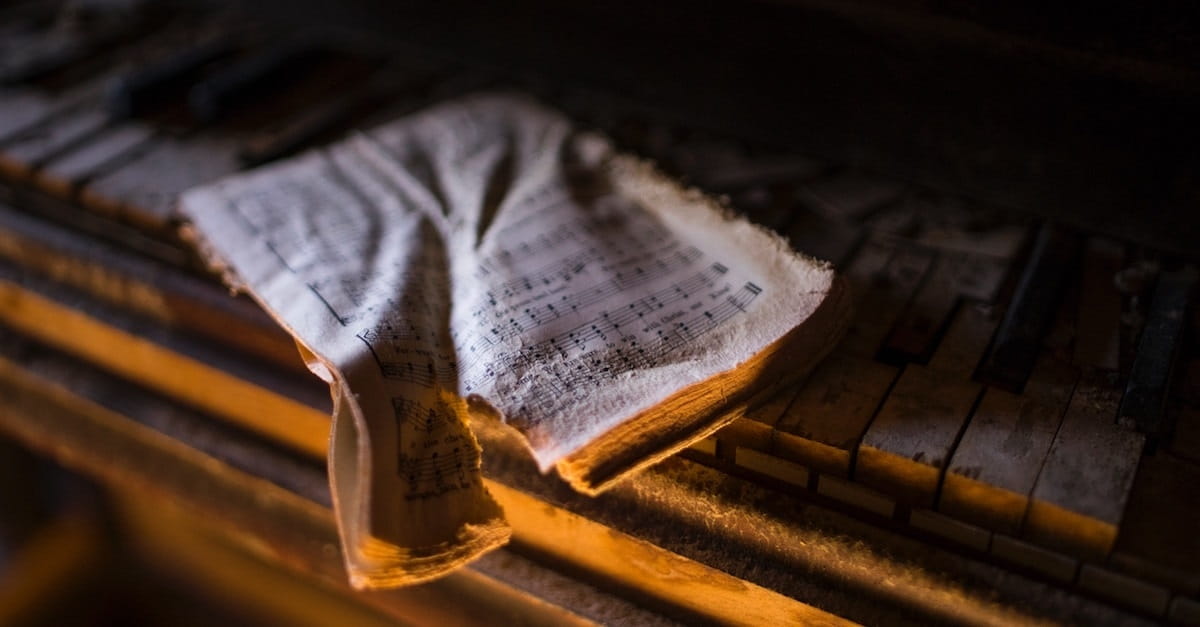The coronavirus has now spread to over 60 countries, with major outbreaks in China, South Korea, Northern Italy, and Iran. The global numbers are staggering: nearly 90,000 reported cases and over 3,000 deaths. As of Monday afternoon, there were over 90 confirmed cases of the virus in the United States, with six deaths. Of course, given the current pace of developments, these numbers are already out of date.
Naturally, people are alarmed, even frightened. Despite our recent bouts with Swine Flu and even Ebola, this one just feels different, partly because it's obvious that scientists, reporters, and national leaders are learning on the fly with this one, partly because, at least in America, media pundits and presidential candidates are seizing the opportunity to point fingers and gain political advantage, and partly because social media is very, very good at spreading panic.
Panic, however, is almost always the wrong response. Though we know that the COVID-19 virus has spread to every inhabited continent and will soon earn the title "pandemic," that word, as one public health expert told Bloomberg News, is too often used in movies as "a proxy for a deadly apocalyptic virus." So, it can be misleading. Is COVID-19 serious? Absolutely. Unprecedented? Maybe. Apocalyptic? No.
According to the best numbers so far, the lethality of COVID-19 is about two percent. If that rate holds, the coronavirus would be about ten times as lethal as the seasonal flu, but we have reason to doubt it will. For example, we just don't know how many people have the disease. So far, the overwhelming majority of reported deaths from the coronavirus have come from the early stages of the outbreak in China, when very little was known about it, and have occurred among those already vulnerable to respiratory ailments, such as the elderly. Most who have the virus experience symptoms akin to a severe cold. So, it could be that the lethality rate of COVID-19 will drop.
Whether or not it does, the world, especially the western world, has been given a sobering reminder. One of the most embedded traits of our culture, shaped as it is by what we can call "post-enlightenment modernity," is the wrong-headed belief that we are in control of our own destiny, via a technological and medical prowess that will, in the end, save the day.
It's a hubris rooted in a remarkable amount of scientific and technological achievement, one in which we forget that not only is the world in which we live fallen, but that we live in it courtesy of a whole host of forces completely outside of our control. Whereas previous generations were constantly reminded of their many vulnerabilities to the various forces of nature, we control so much of the natural world that we forget, as Christian philosopher Blaise Pascal noted, that "Man is only a reed, the weakest in nature . . . There is no need for the whole universe to take up arms to crush him: a vapour ... is enough to kill him."
We exist by the grace of God. Were He to withhold His breath of life and His creation-sustaining Word—well, that'd be it, folks.
Such a reminder of the truth about the human condition, especially coming as it has during this time of Lent when, above all, we are to remember that we are "but dust and to dust we shall return," is a call for inward reflection. |






















































No comments:
Post a Comment